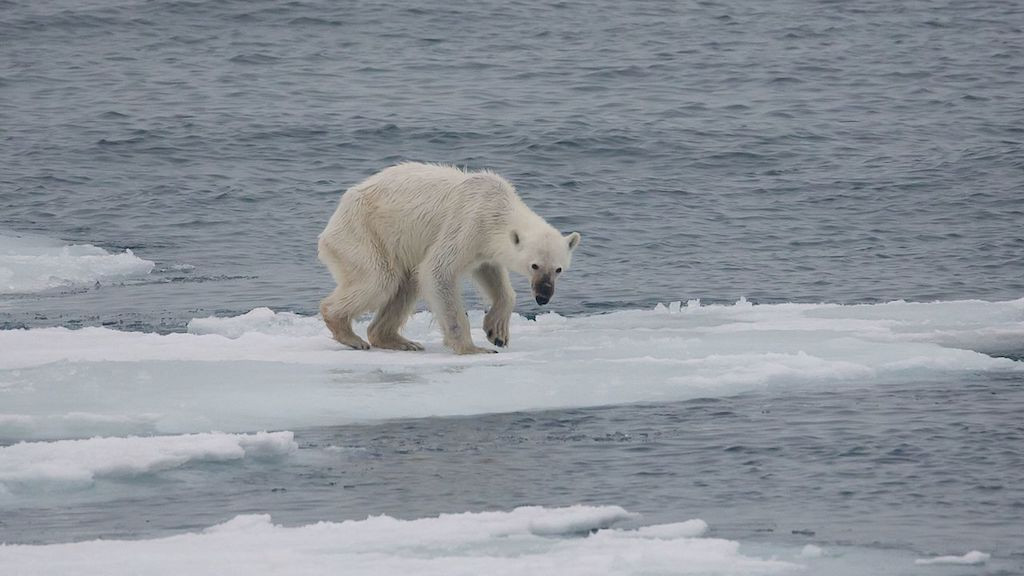Political leaders have been urged to act on the landmark special report from the Intergovernmental Panel on Climate Change, which has warned that strong efforts would be required to prevent disastrous consequences from dangerous levels of climate change.
Christiana Figueres, the former UN climate chief who led the historic Paris agreement of 2015, said: “There is nothing opaque about this new data. The illustrations of mounting impacts, the fast-approaching and irreversible tipping points are visceral versions of a future that no policy-maker could wish to usher in or be responsible for.”
Figueres said the need for urgent action was clear: “Emissions reductions today are much more important than emissions reductions tomorrow. The sooner we bend the curve of global emissions, the more options we will have on the table for safely reaching the necessary, desirable and achievable carbon neutrality by 2050.”
The decisions taken in the next few years will be crucial because the investment cycle for power plants and transport systems is at least 10 years. Infrastructure built now will continue to burn up carbon for decades to come if it is not re-engineered.
Decisive decade
“This is the decisive decade,” said Johan Rockström, chief scientist at Conservation International and co-author of the recent Hothouse Earth report, which warned of a domino-like cascade of melting ice, warming seas, shifting currents and dying forests beyond which human efforts to reduce emissions will be increasingly futile. “Any investment in energy has a 10-year lifecycle. Even a family car: 1.5C has become real.”
“Climate change is occurring earlier and more rapidly than expected. Even at the current level of 1C warming, it is painful,” he told the Guardian. “This report is really important. It has a scientific robustness that shows 1.5C is not just a political concession. There is a growing recognition that 2C is dangerous.”
Business leaders and investors pledged their support. The Institutional Investors Group on Climate Change, representing financial investors with $21tn in assets, called on governments to provide the framework necessary to spur greater finance. “The IPCC has delivered a stark message. To limit global warming to 1.5C requires an urgent acceleration in the pace at which we are moving to a low-carbon economy,” said Stephanie Pfeifer, the group’s chief executive. “Governments now have to raise their ambition levels to implement the Paris agreement and provide the signals required for the clean energy transition.”
Private sector role
Peter Bakker, the president of the World Business Council for Sustainable Development, added that the effort would require “unprecedented funding and coordination”, with the private sector playing a key role. “It’s time to put real money next to real solutions, [with] different players from different sectors together driving forward.”
Politicians are expected to respond later this year, when governments meet in Poland in December to flesh out the ways of meeting the goals set out in the Paris agreement. Progress on this step of implementing the agreement has been slow so far, the UN has warned. Although all of the world’s functioning governments are signed up to the Paris goals, the US under President Trump has begun its withdrawal, making it harder for supporters of the agreement to move forward in the talks.
Jim Hansen, the former Nasa scientist who testified on climate change to the US Congress in 1988, the year the IPCC was formed, told the Guardian: “I have faith that they will act, eventually. The US, which has done twice as much as any other nation to create the excess CO2 in the air today, is the key. The executive and congressional branches will not, on their own, solve the problem. The courts will have to force the other branches of government to be responsible.”
Rockström said the political shifts in some countries should be met with a counterbalancing move in others. “Every time we get leaders in the US or Brazil taking a step back then others, particularly in Europe, should take a step forward.”
The UK is set to continue to pursue the Paris targets after Brexit, when the country’s emissions cuts will no longer count towards the EU goals. “There is now no excuse and real action is needed,” said Claire Perry, the minister for energy and clean growth. “This [IPCC] report should act as a rallying cry for governments around the world to innovate, invest and raise ambition to avert catastrophic climate change.”
The government is set to ask the Committee on Climate Change to advise on how the UK can meet its share of the emissions cuts needed to avoid 1.5C of global warming. The committee’s targets are binding on ministers.
Civil society groups are also piling pressure on policymakers to turn warm words into action. “The difference between impossible and possible is political leadership,” said Stephen Cornelius, chief adviser on climate change at WWF. “We are already seeing loss of natural habitats and species, dwindling ice caps, rising sea levels, impacting on our health, livelihoods and economic growth. We know what is needed and we can do it relying mostly on proved technologies, such as decisively scaling up renewable energy and halting deforestation.”
Rachel Kennerley, a campaigner at Friends of the Earth, added: “Just like ignoring credit card statements, so that repayments only become sharper and steeper, this report shows that weak responses will make it harder in the long run.”
By Fiona Harvey and Jonathan Watts
